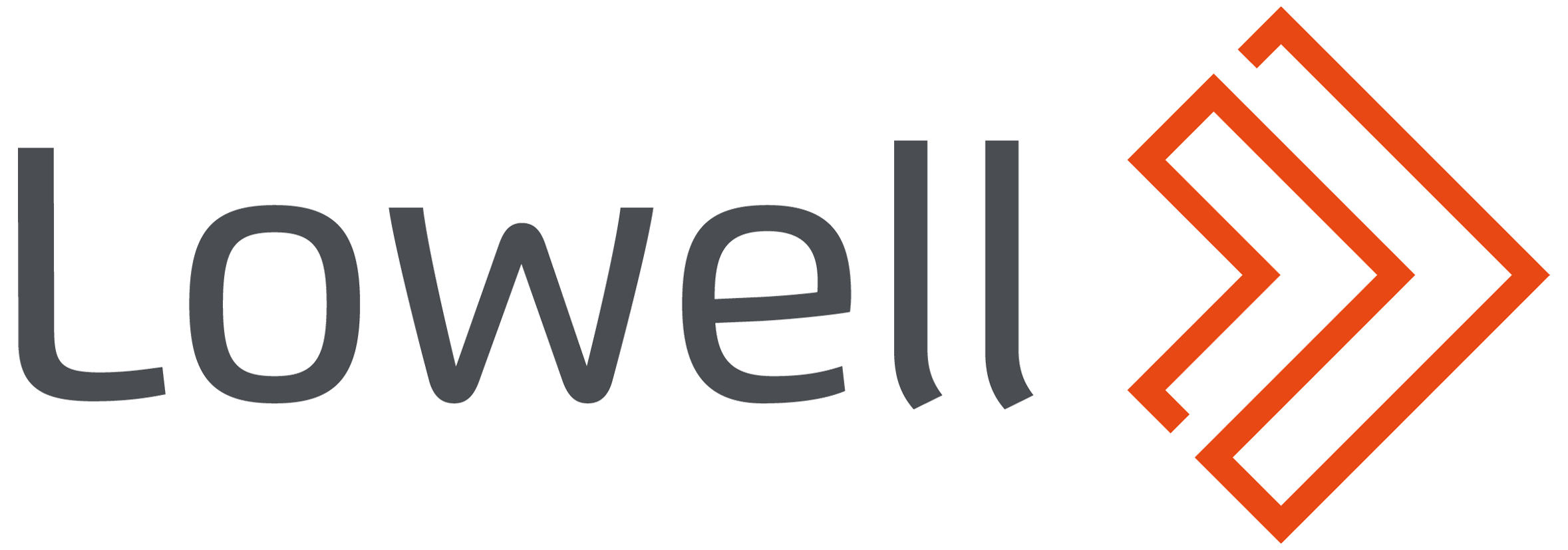It’s important to be conscious of your debt adding up and potentially becoming problem debt. If you’re interested in how to pay off debt fast, here are some things that you might want to bear in mind and try.
Here at Lowell, we do not give advice. If you’re wondering about what might be best for you or how to get out of debt quickly, you can get in touch with independent organisations such as StepChange.
Talk to your creditors
Speaking with your creditors, the people you owe money to, and setting up a payment plan is the first step to getting out of debt. Perhaps you’ve already done this but are struggling to keep up with your repayments. If you can no longer afford your payments, then it’s important to let your creditors know as soon as possible. This is so that they can see what they can do to make it easier for you.
Set up a budget and track your spending
If you’re wanting to better manage your finances, you can do so by setting up a budget and our free Budget Calculator tool can help you do just this. If you complete this, you’ll have a clearer view of where you’re spending and where you could be saving money that could go towards making debt repayments.
At Lowell, we’ve also partnered up with the free money management app, Snoop, which is great for tracking your spending and taking control of your finances.
Try to stop borrowing
One of the first ways you can help get rid of your debt fast is to try and stop borrowing money. This is because you might find that you’re in a cycle of borrowing money and getting into more debt as a result. This could also turn into problem debt that becomes unmanageable and means you can’t keep up with your repayments.
As we mentioned, once you’ve got a budget in place then you’ll be able to have a better view of your finances and see where you can avoid using credit.
Pay more than the minimum or more frequently
If you can, paying more than the minimum or making more frequent payments will help reduce your debt significantly. This option isn’t always suitable and depends on how much money you can spare or already have saved, as well as if your plan will allow you to do this as sometimes there are limits to overpayments.
Make your payments on time
It might seem obvious but additional charges and interest added on due to late payments can quickly add up. That’s why it’s important to make payments on time whether they’re related to your debt or other outgoings. This also helps to avoid you getting into further debt. You can do this by having reminders on your phone or a calendar or setting up a Direct Debit which debits your bank account automatically on your chosen day.
Pay off your most expensive debt first (aka the ‘avalanche method’)
If you’ve got multiple debts in your name, then it’s likely that the one which has the highest interest rate will just keep growing and becoming more expensive if you don’t focus on paying it off. Once you’ve cleared this debt, your total outstanding debt balance will go down significantly, and you’ll be able to focus on the next highest. This is sometimes referred to as the Avalanche method.
It’s important to remember that if you’re struggling to make repayments then you should always pay your priority debts first as these have the most serious consequences if they are not paid. Examples of priority debts are:
- Council tax
- TV licence
- Child maintenance
- Gas and electricity bills
- Mortgage and rent
Consider paying small debts first (aka the ‘snowball method’)
Opposite to paying off your largest debt first, the snowball method involves starting with the smallest. After you’ve cleared that then you work towards the next and so on. Whilst you will likely clear debts faster this way you might find that your most expensive debts become even larger due to interest charges and other fees.
For more information on how this strategy might help you with paying off your debt, we've written up an article all about the debt snowball method.
Seek additional independent support and advice
Another way you might be able to figure out how to pay off debt quickly is by speaking to the experts. This is because they’ll be able to support you and give you advice based on your personal circumstances. We’ve actually got a helpful guide on who you should speak to for debt support where you can find out more on this topic.
Look into debt solutions
Sometimes the best option for you might be a debt solution which may include getting an Administration Order or even filing for bankruptcy. Not every option will be suitable for your situation, and you can speak to a debt adviser for advice before doing anything. To help you understand more, we’ve written a helpful guide to the different types of debt solution that talks through them in more detail.




